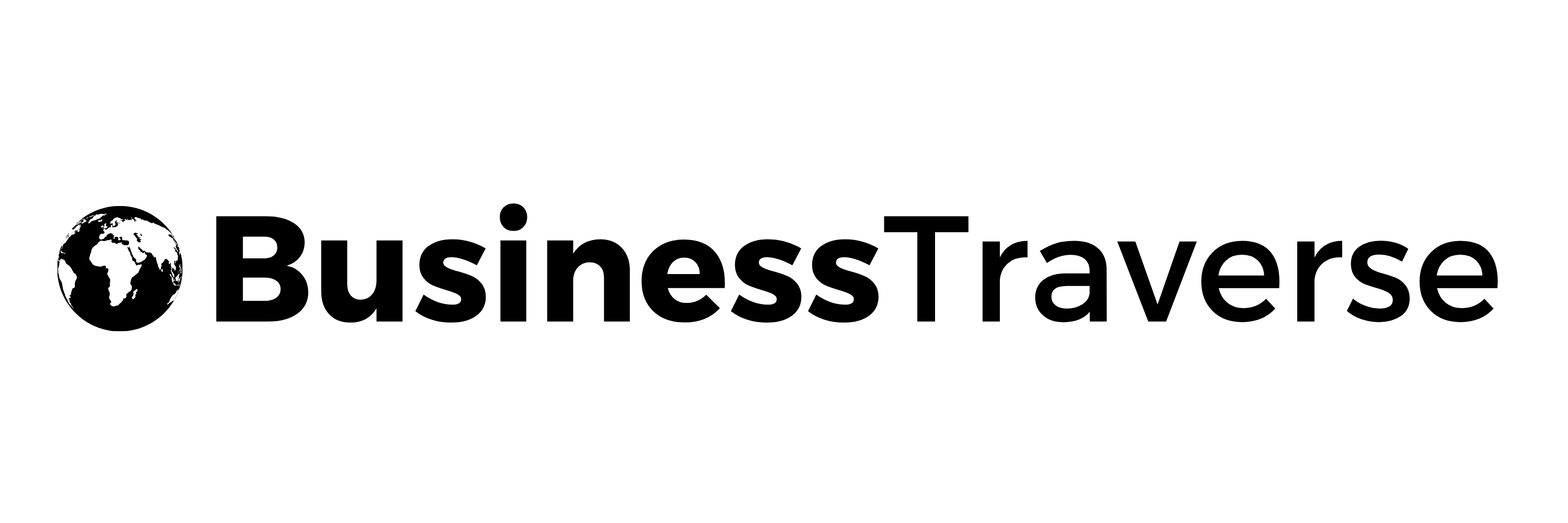Twitter is no longer enforcing its policy against misleading information about COVID-19, according to an update posted to an official company blog page.
Reuters saw the change earlier – which said the change was in effect from last Wednesday.
“As of November 23, 2022, Twitter no longer enforces the COVID-19 Misleading Information Policy,” the social media company writes in a brief gray-on-gray post on a company webpage that still reads: “Coronavirus: Stay safe and informed on Twitter.”
Twitter has not provided an explanation for the policy change.
Under its previous COVID-19 disinformation policy, the company had said it would remove “demonstrably false or potentially misleading content that poses the greatest risk of harm.”

Gray-on-gray update freezes enforcement of Twitter’s COVID-19 Misinformation Policy Image Credits: Natasha Lomas/businesstraverse.com
Since billionaire Tesla owner Elon Musk took over the company last month, completing its $44 billion takeover and drastically reducing its workforce, Twitter has stopped responding to press requests — and appears to have completely shut down its communications function — and let Musk’s own tweets or posts like this one on his company blog as the only official outlet to confirm what it’s doing.
While it’s not clear why Twitter abandoned enforcement of the COVID-19 policy, there was plenty of nuance in how it could be interpreted – as well as a range of enforcement measures Twitter could employ, including the posting of contextual or warning labels on tweeting; reduce visibility and block sharing; require removal of the tweet; and, for repeat offenders, account suspension.
All that enforcement has presumably now stopped under Musk — who, when he took over Twitter in late October, gleefully tweeted that “the bird has been freed!”
About a month later, Musk’s approach to “liberating” speech on the platform means he’s opened the door for conspiracy nonsense peddlers to amplify dangerous BS about COVID-19 on Twitter. So the relapse is real.
See, for example, this wild claim tweeted last Friday by mega Musk fanboy Kim Dotcom — whose account has some 1.1 million followers on Twitter — strongly suggesting that “vaccines are now killing more people than COVID.” His “proof” for that? A chart of “excess deaths” in Europe whose source, EuroMOMO, makes no reference whatsoever to causes of excess deaths.
A report to Twitter, via the official misinformation reporting channel, of Kim Dotcom’s tweet for spreading misinformation about COVID-19 last week drew no response from the company. And that inaction is now apparently Twitter policy.
At the time of writing, it was still possible to report misinformation about COVID-19 via official Twitter channels – see the screenshot below for the unchanged policy statements – but again, no action will presumably be taken on such notifications…

Image Credits: Natasha Lomas/businesstraverse.com
According to details of the framework the company had previously used for evaluating “potentially misleading” claims related to COVID-19 — to determine whether or not it would take action on a particular tweet — it said this type of tweet qualifies as a misleading claim, “it must be a statement of fact (not an opinion), expressed definitively and intended to influence the behavior of others.”
“Under this policy, we consider claims to be false or misleading if (1) they have been confirmed to be false by subject matter experts, such as public health authorities; or (2) they contain information that is shared in a way that may confuse or mislead people.
In addition, pre-Musk Twitter admitted it would not be able to take enforcement action “for any Tweet containing incomplete or disputed information about COVID-19” — and said it would therefore focus on addressing those claims “that could adversely affect an individual, group or community”; its main concern was to curb misleading information that could increase the likelihood of exposure to the virus, or negatively impact health systems’ ability to deal with it, or lead to discrimination and the avoidance of communities and/or business locations. about “alleged affiliation with protected groups.”
Given all that nuance surrounding enforcement, it’s not 100% certain that Twitter, pre-Musk, would have removed Kim Dotcom’s tweet. But it’s 100% guaranteed it won’t do anything about nonsense tweets about COVID-19 now that Musk is in charge.
It’s not clear why the company would want to stop enforcing a policy designed to help protect public health. But Musk has presented himself as a free-speech absolutist and continues to actively try to stir up culture wars on the platform he now owns.
He also recently said he would allow dozens of previously banned Twitter accounts to return to the platform under general amnesty — so he tended to pull out all the stops (although he apparently drew the line at undoing InfoWars’ conspiracy hate preacher Alex Jones, imply dislike about lies he had spread about slaughtered schoolchildren).
What Musk’s (almost) free disinformation will mean for Twitter users is a continued deterioration in the quality of information they are exposed to on the platform.
(See also its disastrous paid verification scheme – which doesn’t differentiate between people who paid for a “Blue Check” and accounts who got one under the earlier actual identity verification scheme, unless you click through to print a small, gray one.)
This license to disinformation seems likely to cause Twitter to lose more users as more people decide they’ve had enough of being exposed to nonsense and are fleeing, seeking less toxic online spaces to socialize.
Advertisers are also unlikely to enjoy having their brands served alongside misleading tweets about COVID-19.
Another looming question for Musk-Twitter is how regulators will respond to the increased risk of disinformation.
As we wrote before, under his previous leadership, Twitter had made a series of voluntary commitments to counter the spread of disinformation on its platform in the European Union. As far as we know, the company has maintained its status as a signatory to this EU Code of Practice on Disinformation. But her participation in the initiative now appears to exist purely on paper.
We have reached out to the European Commission for a response to Twitter’s policy change regarding misleading information about COVID-19 and will update this report with any response.
While the EU code is not legally binding, and breaking it does not entail sanctions, the Commission – whose initiative this is – is poised to assume an important oversight role for major platforms in the context of the upcoming Digital Services Act (DSA). It has previously said that compliance with the Disinformation Code will be factored into the assessment of platforms’ compliance with the legally binding requirements of the DSA. And breaking that regime can lead to fines of up to 6% of global sales.





